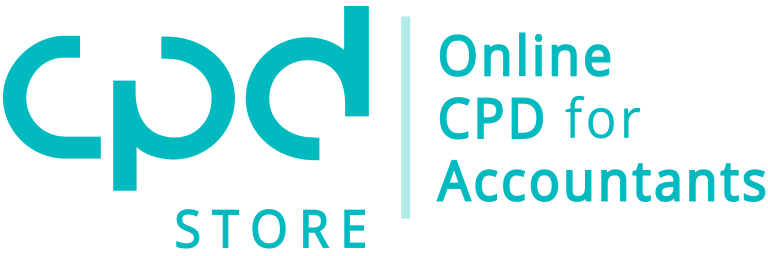CPD Fest 2025 - The Tax Implications of Buying and Selling a Business - December 2025
The Winter Taxation Essentials 2025 - Series 2 - Day 1 of 1
Category: Tax | Date: 08/12/2025 11:00 | Duration: 100 mins | Tag: CPDFIE25D4S2 | Type: Webinar | Speaker: Niall Hanton
